Powdery leaf mildew
emorems0
10 years ago
Related Stories
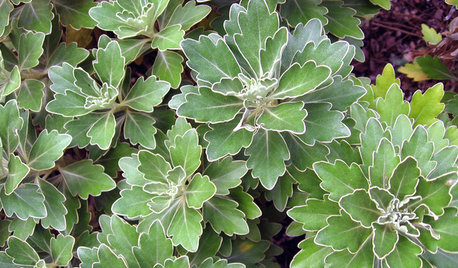
BLUE AND GRAY FOLIAGE6 Stunning Silver-Leaf Plants
Bring luster to your garden with these shining examples of silver plants for both sun and shade
Full Story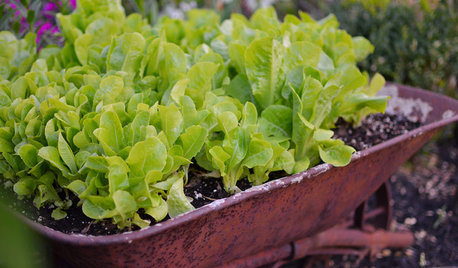
FARM YOUR YARDCool-Season Vegetables: How to Grow Lettuce
Leaf, butterhead, crisphead or romaine — lettuce is best harvested in the cool weather of spring and fall
Full Story
GARDENING GUIDESGreat Design Plant: Rosa Banksiae a Low-Maintenance Beauty
This thornless, disease- and insect-resistant rose brings showers of white or yellow flowers to the spring garden
Full Story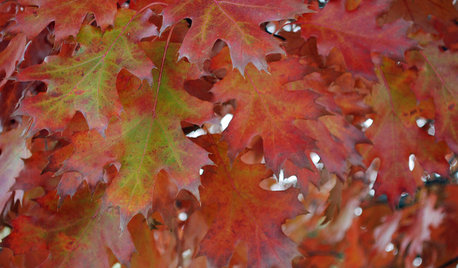
GARDENING GUIDES6 Healthy Ways to Handle Fallen Leaves
Once nature's beautiful bounty is spent, these ecofriendly strategies for leaves will put your yard in the clear
Full Story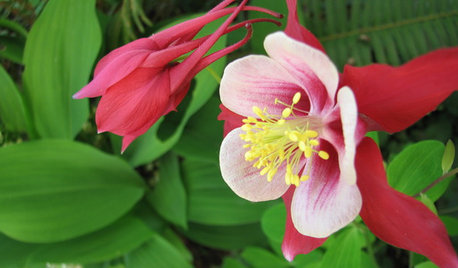
GARDENING FOR BUTTERFLIESGreat Design Plant: Columbine Grows Happily in Shade and Sun
Its ethereal beauty comes from complex forms and wide-ranging colors, but columbine’s benefits are highly attractive too
Full Story
CURB APPEALCrazy for Colorful Cones: 5 Container Plantings Beyond the Bowl
Give even a small garden an exuberant vibe with hanging cones overflowing with blooming beauties
Full Story
WINTER GARDENINGPruning Secrets for Exquisite Roses
Encourage gorgeous blooms year after year with this time-tested advice on how to prune your rosebush in winter for health and shape
Full Story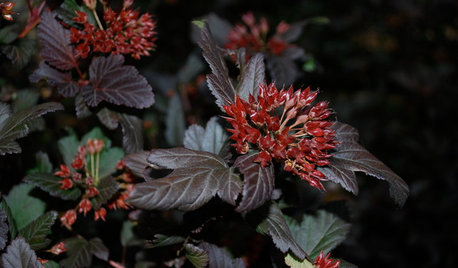
LANDSCAPE DESIGNGreat Design Plant: Sun-Loving Ninebark Puts on a Color Show
This tall, dark and handsome native shrub is equally at home in jeans and boots or in a suit and tie
Full Story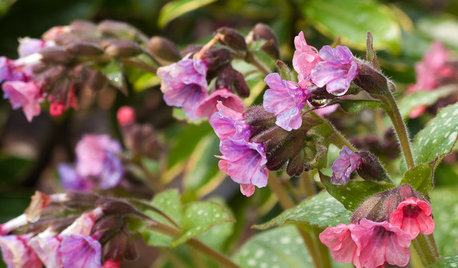
GARDENING FOR BUTTERFLIESGreat Design Plant: Lungwort
Yes, the name is unfortunate. But the flowers and foliage are delightful, and this perennial is easy to grow and shunned by deer
Full Story
GARDENING GUIDESNew Ways to Think About All That Mulch in the Garden
Before you go making a mountain out of a mulch hill, learn the facts about what your plants and soil really want
Full Story






woohooman San Diego CA zone 10a
emorems0Original Author
Related Professionals
Beachwood Landscape Architects & Landscape Designers · Ilchester Landscape Architects & Landscape Designers · Saint Matthews Landscape Architects & Landscape Designers · Waunakee Landscape Architects & Landscape Designers · Winder Landscape Architects & Landscape Designers · Forest City Landscape Architects & Landscape Designers · Danvers Landscape Contractors · Glendale Heights Landscape Contractors · Goodlettsville Landscape Contractors · Lake Worth Landscape Contractors · Longmont Landscape Contractors · Lynchburg Landscape Contractors · Mastic Beach Landscape Contractors · Woodland Landscape Contractors · Chicago Ridge Landscape Contractorswoohooman San Diego CA zone 10a